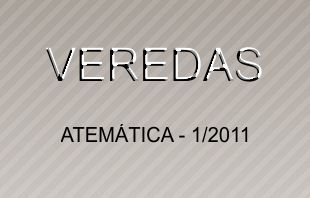5) E se as máquinas não precisarem de regras para aprender a linguagem humana?
Resumo
Inglês: This paper addresses epistemological issu es related to Computational Linguistics. We investigate the process of automatic language acquisition, the paradigmatic conflict involved therein between symbolic and sub-symbolic approaches, and its consequences to the practice of language analysis and description. The paper contrasts two theoretical models for language acquisition, respectively, by children and machines: Karmiloff-Smith (1986) and Rumelhard & McClelland (1986). We analyse their similarities and differences, and advocate the need for a reorientation of investigation inside Computational Linguistics, which would have been reediting the “original sin” of language acquisition, as criticized by De Lemos (1982).
Keywords: Computational Linguistics; Natural Language Processing; Language Acquisition; Connectionism; Symbolism.
Tradução: Este artigo aborda algumas das questões epistemológicas envolvidas na demarcação do território da Linguística Computacional. Investiga-se, principalmente, o conflito paradigmático que aí se instala entre perspectivas simbólicas e subsimbólicas, e suas eventuais consequências para a prática de análise e investigação linguística. O texto contrasta os modelos teóricos propostos por Karmiloff-Smith (1986) e por Rumelhart & McClelland (1986) para a aquisição de linguagem, aponta suas semelhanças e diferenças, e conclui pela necessidade de reorientação dos critérios de análise e investigação da Linguística Computacional, que estaria reeditando o pecado original da aquisição da linguagem, como denunciado em De Lemos (1982).
Palavras-chave: Linguística Computacional; Processamento Automático das Línguas Naturais; aquisição de linguagem; conexionismo; simbolismo.

